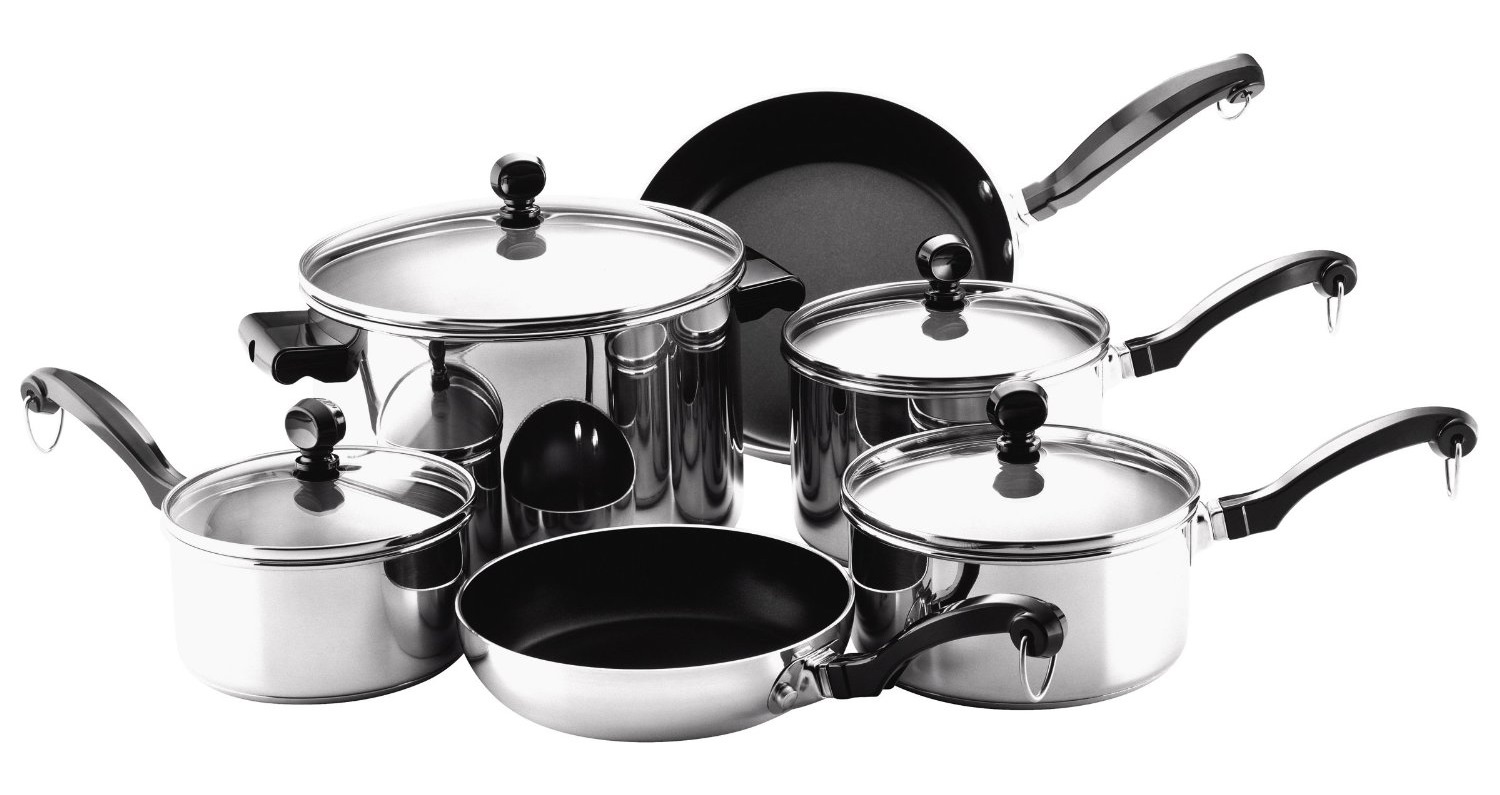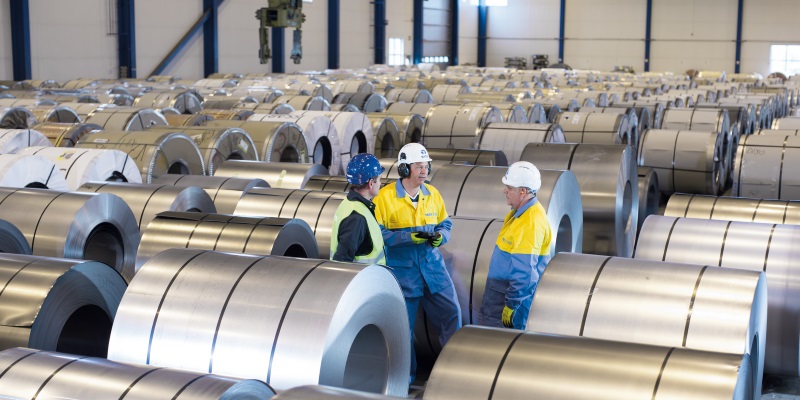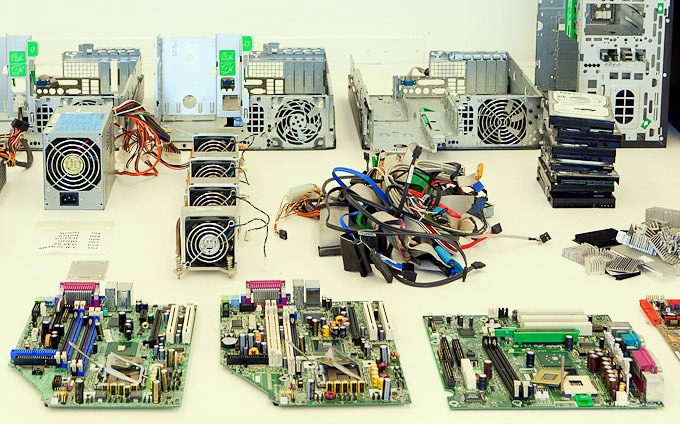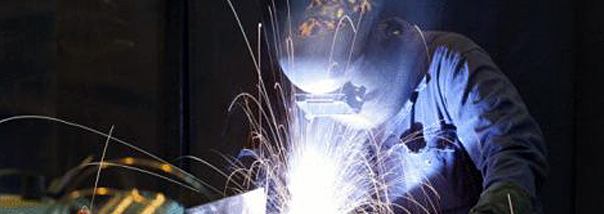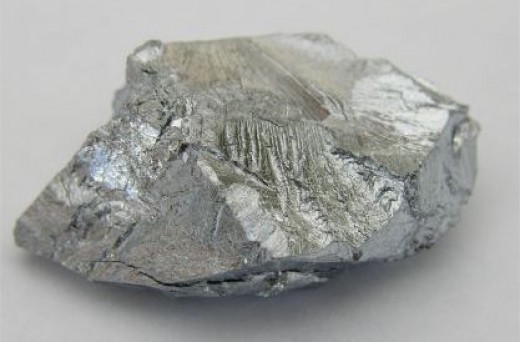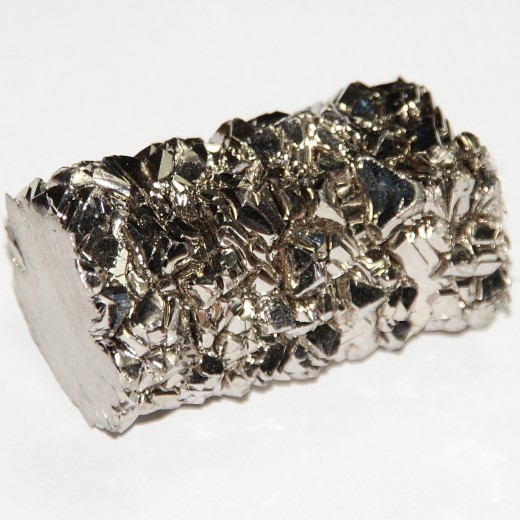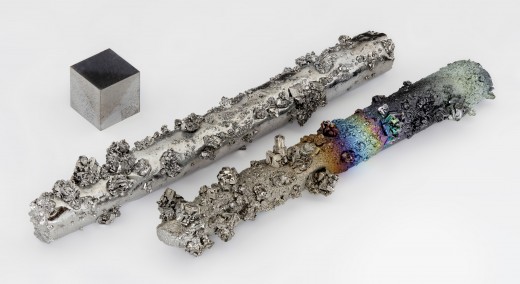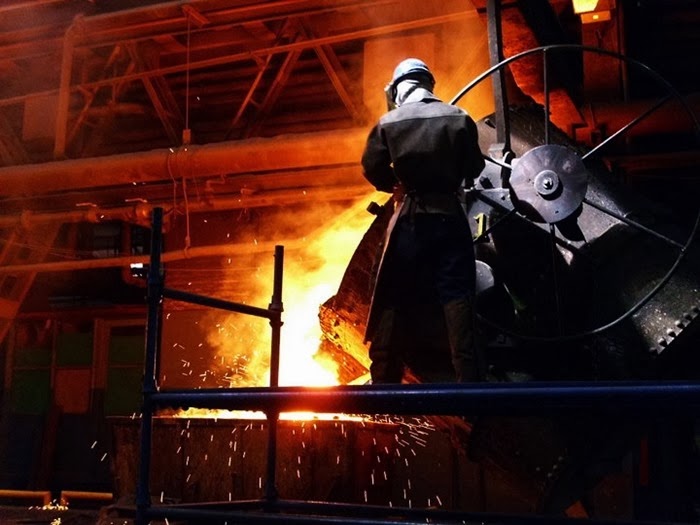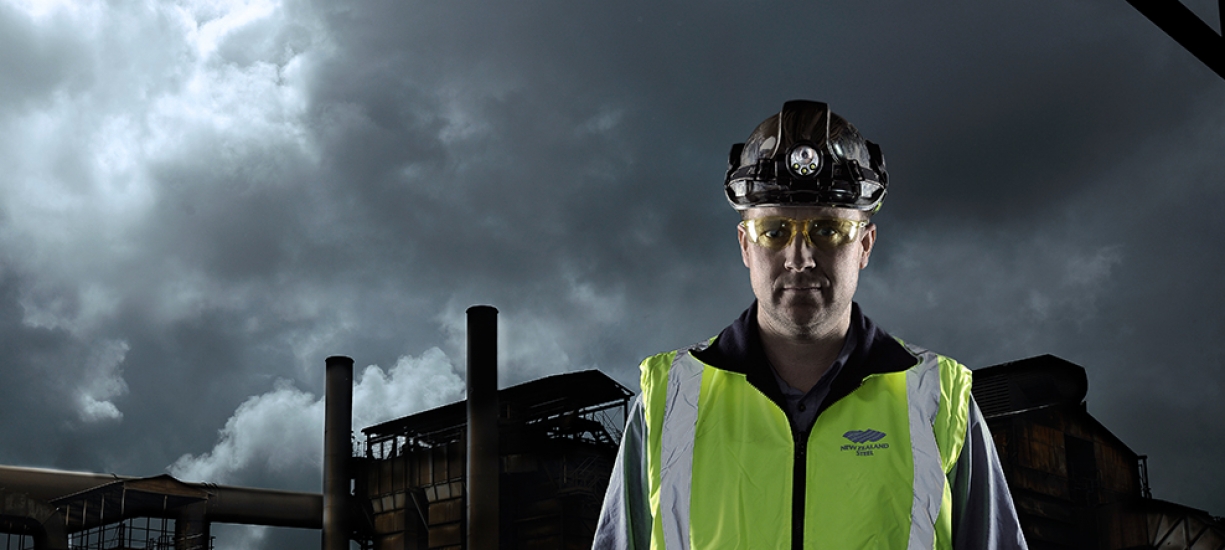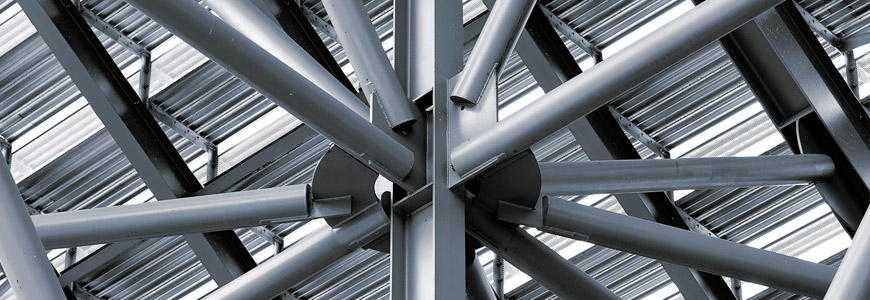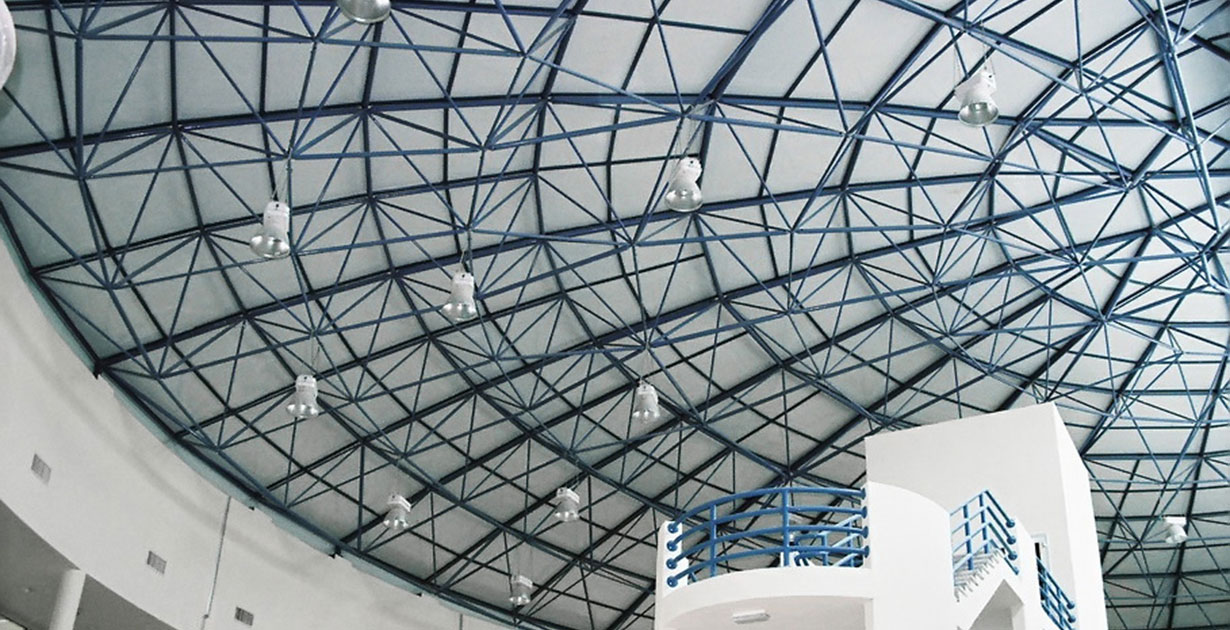Jose Manuel Mustafa: Is Iron as Important Today as It Was in Pre-Historic Times?
Iron is an important element of industry due to the fact that is one of the most-used hard metals, as well as the fact that pure iron can be used to create alloys such as steel, among others.
Iron is a transition metal, one of the most abundant in the earth’s cortex, found among the many that make-up our planet’s main core, and even our bodies.
Iron has been part of man’s evolution on the planet, allowing us to develop technology from its simplest forms to its current ones, so advanced that our ancestors could never even dream of them.
It has been used in the construction of a many objects and buildings, as well as a great number of tools, and even art pieces, due to its extraordinarily complex combination of both strength and malleability.
It is also ferromagnetic, that physical phenomenon that produces magnetism, even at room temperature and normal atmospheric pressure conditions, which gives it great density and toughness.
Given the metal’s historic importance, prestigious for all the reasons we have mentioned and many more, one must wonder if, in this new century, is iron as important to human kind as it was before?
Currently, and despite the many advancements humans have made through the centuries, iron continues to be an important tool for all of humankind, part of the earth’s main components, and even our own bodies.
Without a doubt, iron is a valuable and indispensable part of the daily life of both the society of knowledge and the world as a whole.
It remains an important element in a number of industries; due to its toughness and the many uses it has in different concentrations in the iron and steel industry, and the fact that it is the raw material of a number of alloys such as the ever so important steel.
Steel, so used in the automobile industry, the construction of buildings, the manufacturing of ships and planes, among other uses.
Before this evidence, how could we even imagine a world without iron?
It almost seems unthinkable to consider devaluating a metal that is part of the human body itself, that is to say, life itself.

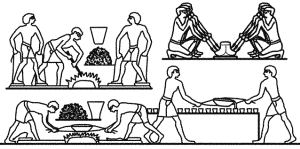
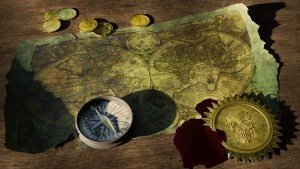



![[Jose Manuel Mustafa] Why is Steel so Important?](http://intrafeca.com/wp-content/uploads/2016/09/Jose-Manuel-Mustafa-Metallurgic-industry-2.jpg)

